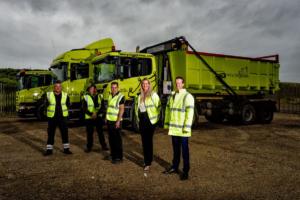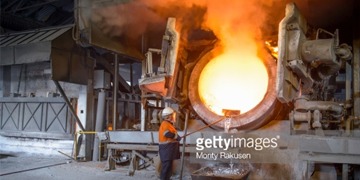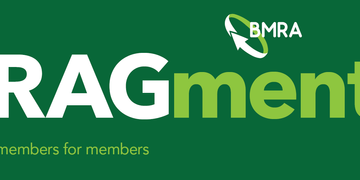BMRA member Recycling Lives is celebrating a contract win and one million meals delivered.

BMRA member Recycling Lives has won the contract to clear waste metal from Sellafield Ltd's fuel reprocessing and decommissioning facility in Cumbria.To deliver on the contract, the company will open a scrap buying and processing facility in the Workington area. The previously empty site will also be open to the public and other businesses from September.
The organisation is also set to open its second Food Redistribution Centre (which bridges the gap between food suppliers with surplus goods and charities working with vulnerable groups) in Cumbria, with county-wide locations for charitable organisations to take collections of food.
Managing director William Fletcher said: “Recycling Lives is pleased to have been chosen as the preferred contractor for scrap metal collection and processing from Sellafield Ltd. We’re really excited to be able to use this contract to create social value across Cumbria. The benefits will be more than just environmental and economic, as we create social impact through job creation and food redistribution.”
News of the new contract comes not long after the company celebrated the fact it has now delivered one million meals from its food charity – a massive milestone in Recycling Lives' charity activities. The Food Redistribution Centre has redistributed the equivalent of 1,000,000 meals via its network of members. Each of these charitable organisations uses the food and goods to not only tackle food poverty and reduce food waste, but also save their often-scarce resources and support people in other ways.
Recycling Lives opened the Centre in partnership with FareShare in October 2015, the Lancashire and Cumbria arm of the national charity. Since then its team – recently named Team of the Year in the National Recycling Awards, no less – have ensured its sustained growth, now working with 100 members to deliver 13,000 meals a week which feed around 5,000 people across the North West.
Working with food suppliers and supermarkets, it redistributes the surplus goods which would have otherwise gone to waste, in the process diverting 430 tonnes of quality, in-date goods from going to landfill.



